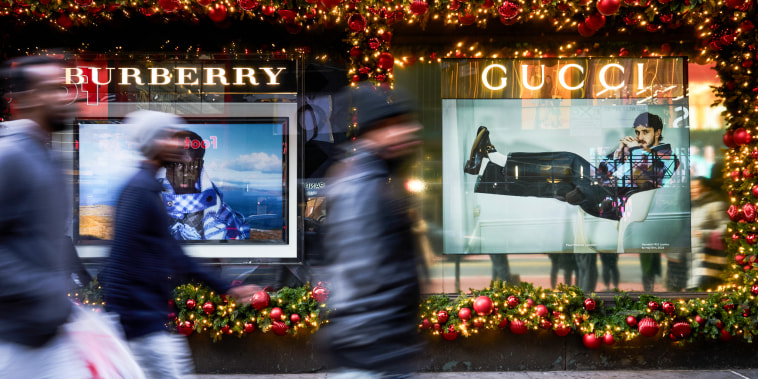The COVID-19 pandemic’s gut punch to the American economy left many individuals and industries in a state of uncertainty and financial instability. However, as the nation emerges from the shadows of the pandemic, there is a sense of burgeoning optimism about the economy’s renewed vigor and trajectory. This positive sentiment, although not universal, is driven by factors such as the accelerated vaccine rollout, the return to normalcy, and the unprecedented government stimulus interventions.
It is worth noting that a defining feature of the current economic optimism is the rapid pace of vaccination. Since the beginning of 2021, the United States has launched a massive vaccination campaign, with millions of American adults now fully vaccinated against the deadly virus. This speedy rollout has had a domino effect on economic activities. Businesses that had shuttered their operations are reopening, employees are returning back to work, and consumers are cautiously emerging from their pandemic-induced cocoons to resume spending in restaurants, shops, and recreational facilities such as theaters and gyms. The snowballing vibrancy in economic activities is a testament that the injection of hope brought about by the vaccine could be the antidote to the ailing economy.
Moreover, the optimism about the economy is being catalyzed by the direct stimulatory injections from the U.S. government. The Coronavirus Aid, Relief, and Economic Security (CARES) Act in 2020, and the American Rescue Plan in 2021, both aimed to inject billions of dollars into the economy to stimulate recovery. For many, these measures have been a lifeline, providing essential support to both small businesses and struggling families. As disposable income increases, spending surges, leading to a cascade of economic activity that bolsters sectors such as retail, services, and manufacturing.
However, it is essential to acknowledge that while many Americans are feeling optimistic about the economic prospects, there are groups within the society who are not sharing in this optimism. The extent to which one feels confident about the economy appears to be tied largely to individual financial circumstances and employment status. For instance, households still grappling with job loss or diminished incomes may not share an optimistic outlook. Moreover, sectors that were hit hardest by the pandemic, such as travel and hospitality, are still experiencing significant challenges. Rebuilding in these sectors will take time, and while there are signs of recovery, optimism in these areas may be muted.
Geographically, the level of economic optimism also appears to vary. Areas that were able to adapt quickly to pandemic-related challenges, such as regions with robust tech sectors that could shift to remote work, tend to be more optimistic. In contrast, areas heavily reliant on industries crippled by the pandemic, such as tourism, may be slower to regain confidence.
Additionally, many Americans remain wary of the threat of inflation or another economic downturn. The speed with which the U.S. government pumped trillions of dollars into the economy was unprecedented and has led to increased concern about inflation and the sustainability of public debt. This fear acts as a damper on the overall optimism, especially among economists and financial experts.
In sum, there is a growing sense of optimism about the economy among Americans driven by vaccination efforts and government stimulus packages. However, this optimism is not universal, with some groups and sectors still coping with the lingering effects of the pandemic. Despite the notable exceptions, the general direction appears to be trending towards increased confidence in the economy’s road to recovery.




